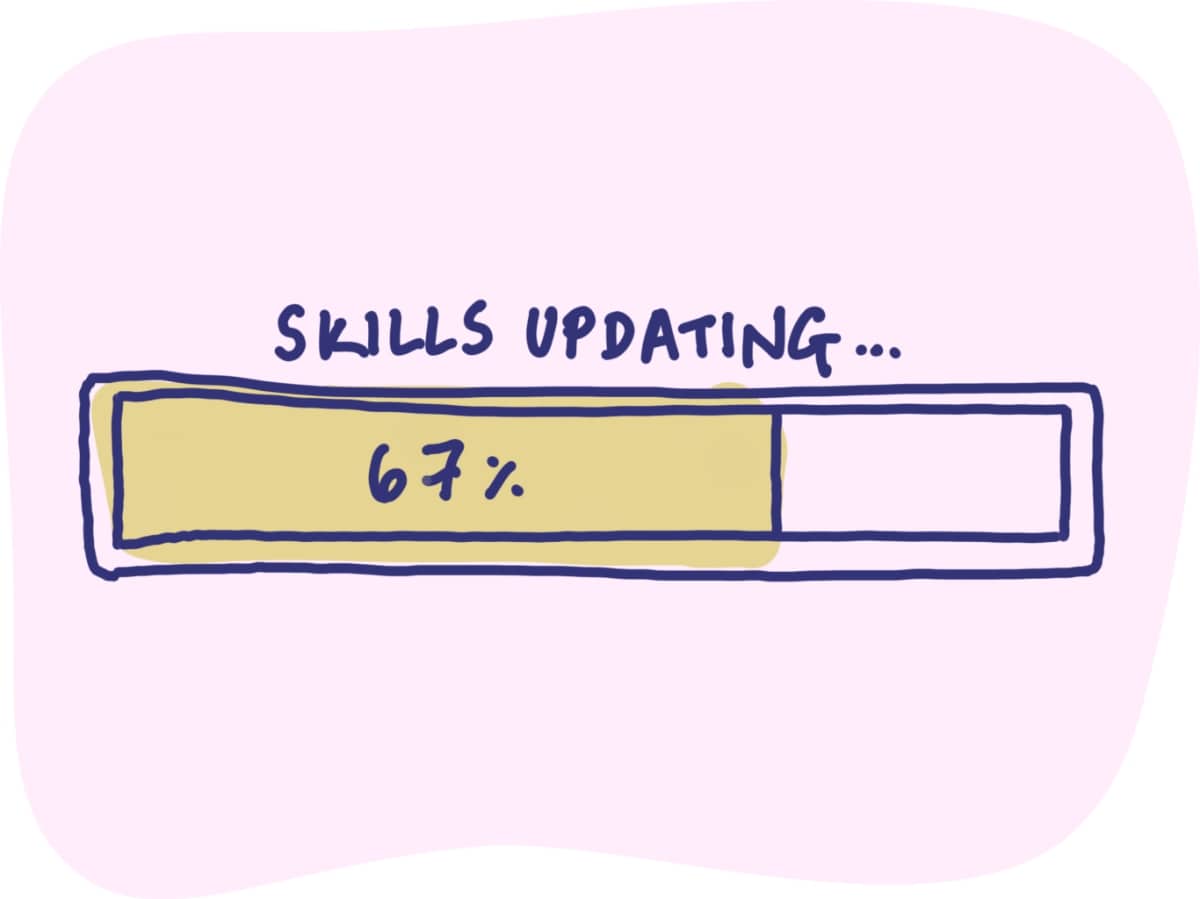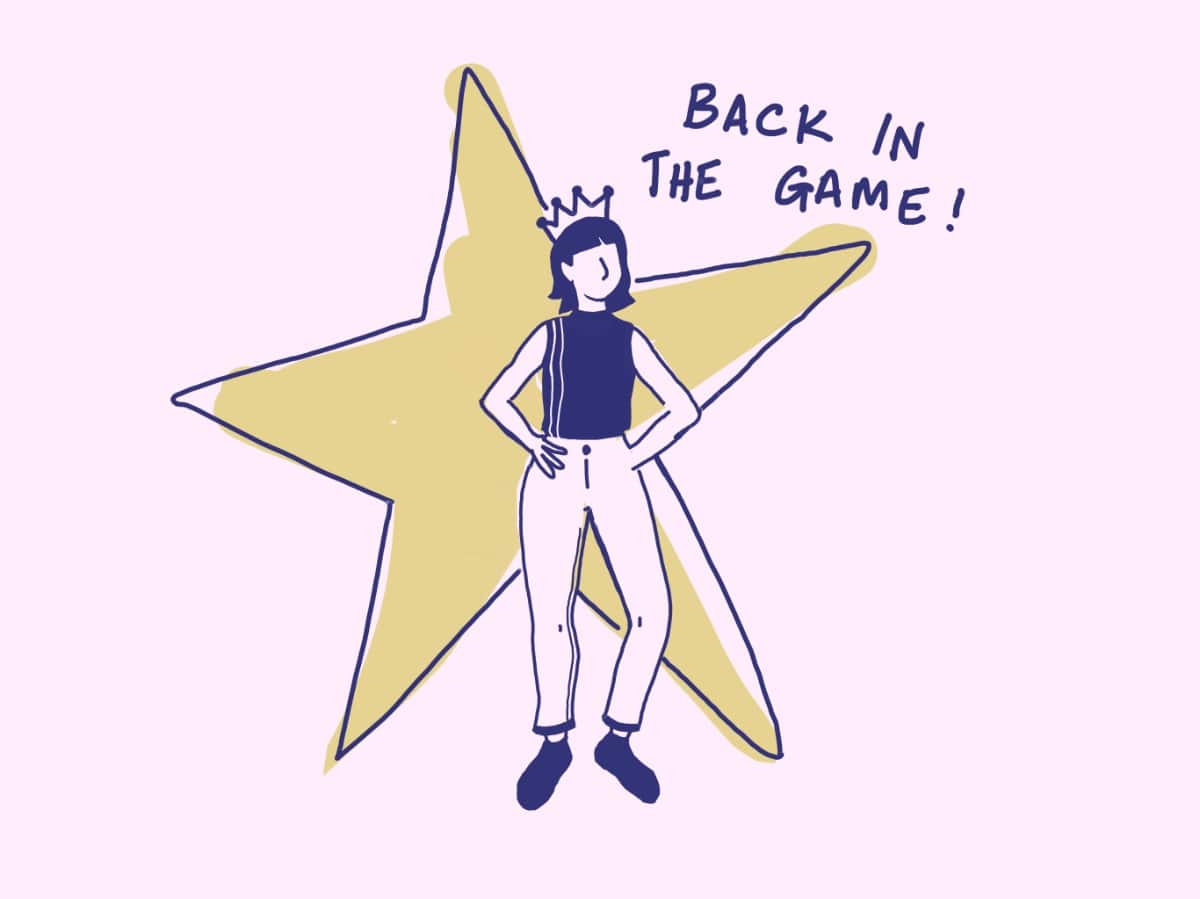Getting back into work after long term unemployment (or even a career break) can seem like a daunting task. Whether you took time out to raise a family, have been unwell or just haven’t had much luck in the jobs market, being out of work for a while can make getting back in seem that much harder.
A long job search can be demoralising, and at times it may feel like you’ll never find a job. But there are some practical steps you can take to get motivated, stay proactive and give yourself the very best chance possible.
Here’s our guide to getting back into the world of work after long term unemployment.
Update your skills

It’s a mistake to think that just because you don’t have a job you can’t learn and develop new skills, and refine your current skill set.
There are plenty of free courses available from providers like Free2Learn and Vision2Learn. You can also search for courses via the National Careers Service website, or contact your local council to see what training opportunities they offer.
Completing a course comes with a wealth of benefits. As well as the valuable skills you’ll learn, you’ll get to meet and work alongside people in the same situation as you, which should give you a confidence boost. Employers will also see that you’re dedicated and motivated to develop yourself and your career.
Do some volunteering

One of the most difficult aspects of getting back into work after long term unemployment is just getting used to being in a certain place at a certain time, and working at someone else’s pace.
Voluntary work can be a good way to combat this. Whether it’s for a charity, a school or a cultural organisation, you’ll be getting back into the swing of things while contributing to a good cause. You’ll feel confident relearning your working pattern, and will likely pick up some new skills (and friends – never underestimate the importance of soft skills!) that will make your return to work a breeze.
Volunteering will also show potential employers you’re committed to developing your skills and enthusiastic about your return to work. It can make all the difference.
Take on some temporary work
Temporary positions are usually easier to secure, and can often be a good pathway into permanent employment. Taking on short contracts with a temp agency is also a flexible way to fit work in around your job search, and will get you back into the working habit.
Job opportunities may well arise, and these kinds of roles are often great ways to develop your soft skills, interview techniques and time management. They can also be excellent prompts to refine your personal career goals against which you can measure any potential employer in the future.
Besides that, you can gain a varied range of experience, which will make you appear more desirable to potential employers, and you’ll have the opportunity to network and make useful contacts too. It’s a win-win!
We can help with your application!
Next Step CV
3-10 Years' ExperienceAdvanced Career CV
Over 10 Years' ExperienceCover Letter
Any Job ApplicationLinkedIn Profile
Any SectorKeep in touch with your contacts

If you have contacts from previous jobs – for example, a manager you got on well with – get back in touch and see if they’ll meet for a chat.
Let them know you’re looking to get back into work and would like to talk about the sector, but try not to make it sound like you’re angling for a job with them.
Not only will you learn about what’s going on in the industry and potentially get some useful contacts, the experience of dressing professionally and having a formal conversation might help you get back into a professional frame of mind. It’s also great practice for interviews!
And you never know – they might know of a vacancy that’s perfect for you. Former colleagues can be excellent additions to your professional network and can make your return to work more streamlined.
Be honest
Don’t be afraid to explain your circumstances to employers – being open about your situation is much better than attempting to gloss over it.
Prepare an answer that explains your career gap in a few sentences – you can use this in interviews and in cover letters. Employers are generally understanding of CV gaps and are willing to give people a chance, so just be honest and succinct.
Look after yourself
It’s easy to become disheartened during a long job search, so it’s important to try and stay positive.
Don’t beat yourself up if it takes you a while to find a new job. Eat well, stay active and make sure you give yourself time to see friends and family and do the things you enjoy.
Remember that you WILL find a job eventually, so just keep going!
Getting back into work after long term unemployment
Getting back to work after long term unemployment can be difficult, but following the steps above should make it easier.
One of the most important things you can do is update your CV and make it as good as it can be. That’s where we come in – find out more about our bespoke CV writing service.
If you’re struggling to find a work/life balance, be sure to read our guide for keeping stress at bay.


